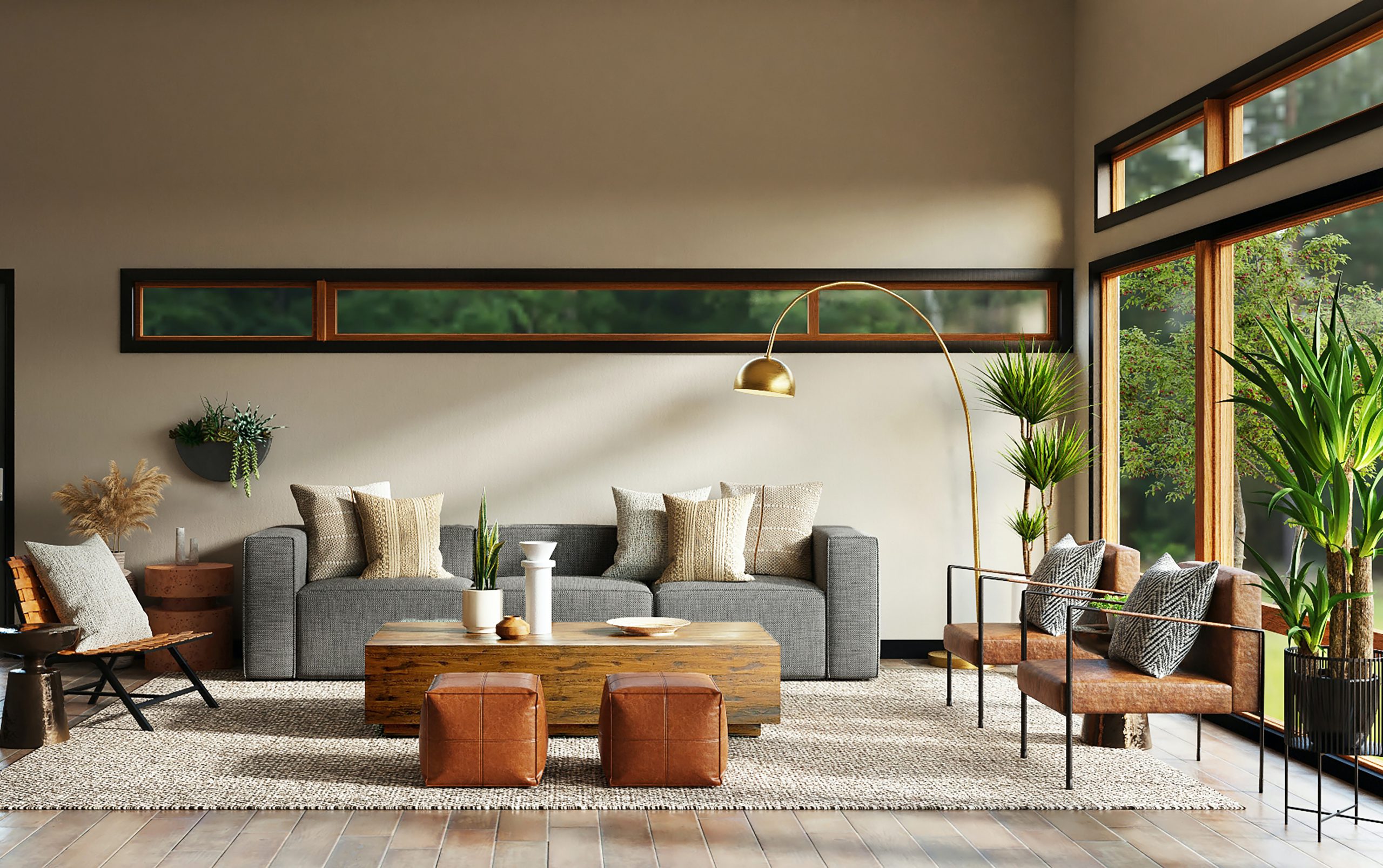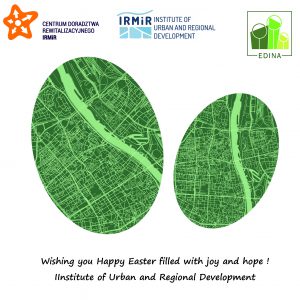We are pleased to invite everyone to read the Policy paper of The Building Performance Institute Europe (BPIE) entitled „How to integrate indoor environmental quality within national long-term renovation strategies”.
This elaboration was issued in June 2019 by The Buildings Performance Institute Europe (BPIE). BPIE is a leading independent centre of expertise on energy performance of buildings. Their mission is to support and speed up the improved energy performance, sustainability, and complete decarbonisation of the buildings sector with data-driven and actionable analysis, innovative policy solutions, and convincing transformation pathways.
For more information please follow the link: https://www.bpie.eu/
Indoor environmental quality (IEQ) has a direct effect on our health, comfort, wellbeing, and productivity. It is an important parameter to include in long-term renovation strategies. The major determinants of IEQ are indoor air quality, thermal comfort, daylight, and acoustic comfort and they all play an important role in ensuring the quality of life and general wellbeing of building occupants.
Since we spend about 90% of our time indoors, it is crucial to ensure suitable levels of IEQ to promote healthy and comfortable indoor environments. Building legislation, and in particular the upcoming long-term renovation strategies (required in the amended EPBD), is a starting point.
BPIE demonstrates how the EPBD can be an opportunity to ensure healthy comfortable indoor environments are integrated into national long-term renovation strategies.
The EU’s main legislation in this area, the amended Energy Performance of Buildings Directive (EPBD, 2018/844), mentions that energy performance requirements defined by governments in all EU countries should optimise health, indoor air quality, and comfort levels. The directive doesn’t specify how to achieve satisfactory IEQ and harmonise indoor comfort requirements across Member States, but it provides a great opportunity to integrate IEQ and energy performance.
This elaboration was placed as well in our online section: Good practices




